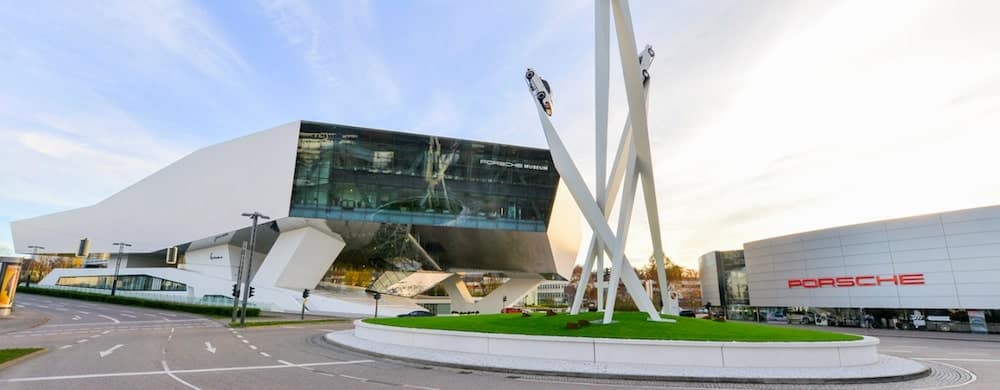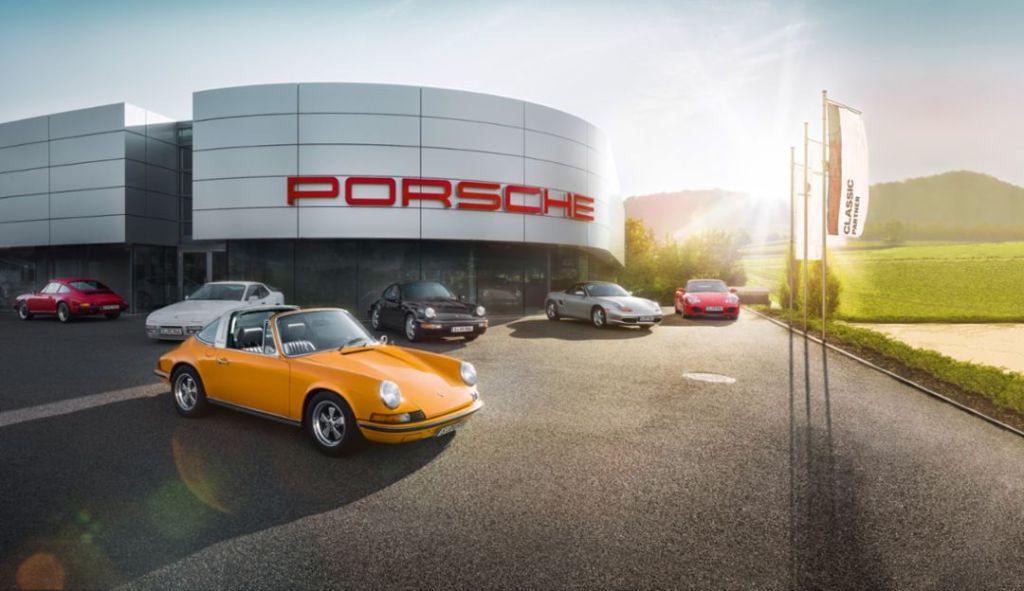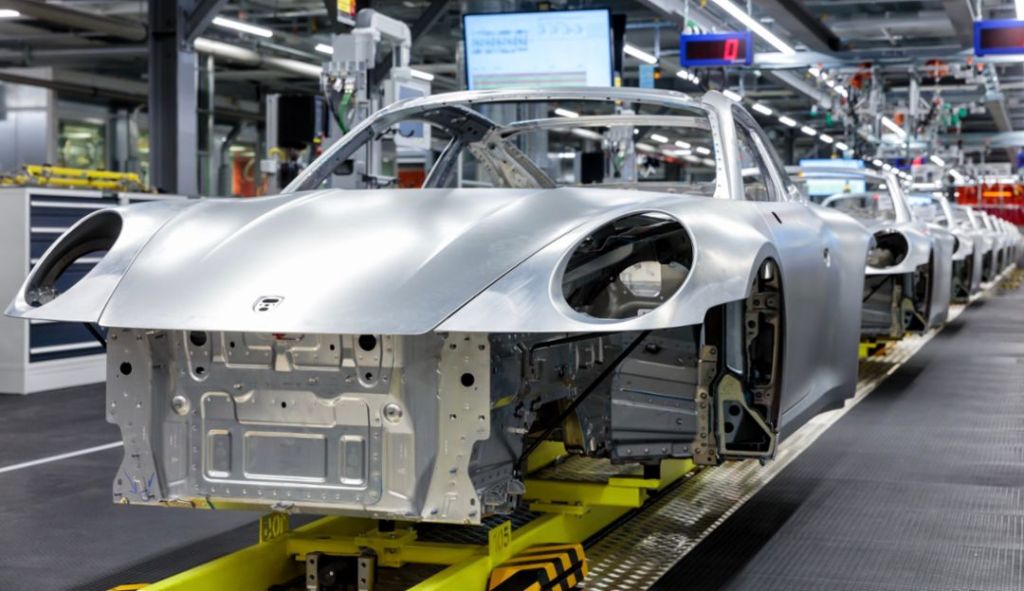
Every day now since January, the global number of COVID-19 cases has increased substantially. In an effort to flatten the curve, all countries have taken measures of their own not only to protect their citizens but also to prevent international spread of the virus. Some of these measures have included shutting down borders, bans to non-essential travel, and prohibition of large gatherings of people. Businesses of all types have taken big hits as a result, more prominently the airline and oil industries, and fears of a global recession continues to be a big topic amongst market analysts. To no surprise, the automotive industry has been a victim of this worldwide pandemic, with car manufacturers, including Porsche, now suspending production and sending their workers home while nations continue to make efforts in making this virus history. So what will car manufacturers such a Porsche have to endure during these economically tough times? The following points discuss what will occur from both the corporate and dealer perspective.
1. Decrease In Sales

This one is very obvious. With everyone concerned about their financial security over the next couple of weeks, perhaps even months, their focus will be only on purchasing essential items. This will pave the way for lower than expected sales numbers over the next quarter, if not beyond that. Though dealerships have opted to remain open with limited hours in places such as North America, the recommendation of social distancing by governments during this pandemic has prompted everyone to remain in their homes, meaning little to no visits to showrooms. It is only a matter of time now before dealers consider limiting their services to vehicle maintenance, which would be considered essential over a new vehicle purchase.
2. Part Shortages In Assembly Plants

You see, there are vehicle parts which are made right in the same plant where final vehicle assembly takes place, while others are made in outside factories and then shipped over for assembly. With some of these part factories closed, manufacturers will have no choice but to slow production down once they deem it safe to open up their factories again. Porsche is no exception to this, having parts made in both North America and several European countries. With vehicle demand likely to be initially low even after the pandemic is said and done with, it could allow for a good time window to for car companies to stock up on the necessary parts. The logistics are also a crucial aspect to vehicle manufacturing. With all countries having taken different measures, it means that some parts could take longer than required to reach assembly lines. Thus, 2020 model year production overall will certainly be lower than the last model year.
3. Dealers Having New-Old Stock

When a new model year begins, dealers urge to get any remaining stock of cars manufactured in the previous model year to make room for the incoming current model year vehicles. For the buyer, this means great deals on a car that may or may not be exactly the same as the current one. We were just over halfway through the 2020 model year when most of these major automotive groups decided to suspend vehicle production. This leaves dealerships with new-old stock for a longer period than they expected, and when the demand for vehicles rises back up again, they will have to negotiate these cars are even lower prices than they projected. You can say the customer definitely wins in these circumstances.
4. A Lack Of Audience For EVs

If there is one effect being felt as a result of the virus it’s the steep drop in fuel prices, in turn the result of the lack of travel, particularly with airlines. For those who drive ICE cars, this means savings from the very high prices of fuel. Electric vehicles, on their way to becoming more accessible to buyers, are still considered to be too expensive for the mileage that manufacturers state that they get, yet still cities still have lots of work to do in terms of integrating infrastructures meant to better accommodate these cars. Undoubtedly it will take some time for the airline industry to recover from the major losses it has suffered from as a result of ongoing travel bans, so fuel prices will remain low for a while. This is likely to increase the sales of ICE cars, though in the short term. Electrification remains a goal for a lot of cities by 2030, but those plans could be hampered as the global economy recovers from the pandemic.
Initially, it was believed that this would be a virus that was easily containable. Two months later, it has sent a shockwave to all kinds of industries worldwide, from entertainment, to sports leagues, and finally, to consumer businesses. While the economy will continue to unfortunately suffer from this pandemic, the right steps have been taken in prioritizing the health of individuals. Still, there is lots that needs to be done by countries before we begin to see the curve flatten.
Best Regards,
Juan Reyes-Abreu
